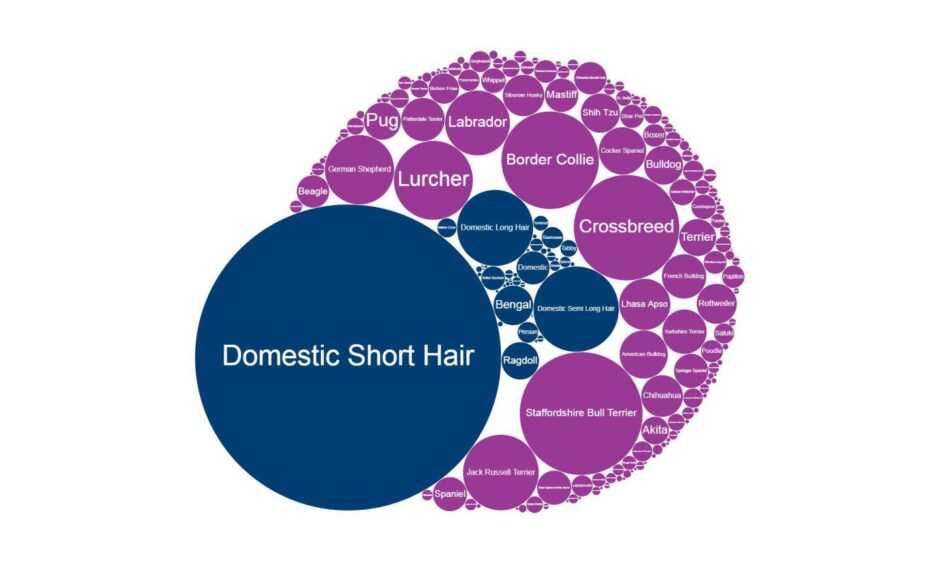
Cats and dogs are the companion of choice for many pet owners.
However with the rising cost of living hitting people in the back pocket, many people are having to make the heart-breaking decision to rehome their pets.
Are some breeds more likely to end up in a rehoming centre than others?
The Scottish SPCA provided us with exclusive access to their data to look at the trends on cats and dogs, as well as some of the rarest types of animals they’ve ever handled.
Staffies, crosses and collies – oh my!
Staffordshire Bull Terriers were the most common dog breed to arrive at the doors of the Scottish SPCA – with a total of 1,619 taken in by them from 2018 up to October this year.
The average of 23.1 of the pets finding themselves in the centre each month is equivalent to around one for every working day of the month.
But some months see more than others. In September 2019, the SSPCA took in as many as 67 staffies.
They were followed by crossbreeds and Border Collies – the only other two breeds to see more than 1,000 arrivals.
Staffordshire Terriers aren’t the only breed that recorded huge monthly intakes.
German Shepherds, Border Collies and crossbreeds all saw over 50 in a single month during the time period.
But most breeds didn’t pass 20 arrivals in a month.
While staffies were the most represented over the almost five year period, the yearly totals of the breed have been falling.
That fall saw more Border Collies than Staffies arrive at the centres in 2022.
Crossbreeds also dipped below Border Collies in recent years.
For some breeds, 2023 marked a significant increase even ten months in.
XL Bully arrivals rose this year amid UK Government moves to ban the species in England and Wales.
I’m just CAT
Breeds appear to matter less when it comes to cats.
The vast majority of the felines were categorised as domestic short haired cats. This simply describes their fur length and it is not seen as a particular recognised cat breed.
From 2018 up to October this year, the SSPCA took in 10,009 domestic short hairs from a total of 12,232 cats.
Bengal cats were the most common of the officially recognised cat breeds, followed by Ragdolls.
But there were more breeds that saw below ten arrivals to the SSPCA.
A total of 26 breeds, including Norwegian Forest cats and Scottish Folds, were below that mark.
Overall, there were only 41 cat breeds recorded – just over a quarter of the 161 dog breeds.
But recognised breeds like Bengals did see high intake months.
Raining cats and dogs
Cats were more commonly taken in than dogs overall, but that is not always the case.
Prior to the pandemic the charity was taking in more dogs per year than cats.
Both cats and dogs saw the fewest arrivals in 2021.
And they each peaked in 2019 – with dogs more than doubling the 2021 total
The lowest total number of dogs to be taken in was 64 in April 2020.
But the lowest number of felines was higher than the 64 dogs with 79.
But what about other types of animals?
The number one arrival to SSPCA centres since 2018 was actually birds.
From the ubiquitous common gull to the rarely seen nightjar, birds made up for 37% of the total 67,424 during the period.
Unsurprisingly, they are followed by cats (18%) and dogs (17%).
Insectivores, mainly hedgehogs and two moles, accounted for 9% of the total arrivals.
We also dug into the data to uncover the rarest breeds of animals to have been handled by the charities during the almost six year period.
The data shows some rather terrifying sounding species of arachnids.
You can read more about how long it takes the SSPCA to rehome each type of animal here.
Where to find help?
Nobody should be forced to give up a beloved pet.
The SSPCA is trying to prevent that heart-breaking fate for many families through their Pet Aid initiative.
By donating pet supplies to food banks across the country, the charity is trying to help hundreds of pet owners weather tough months.
Our interactive chart will also make it easy to find the support nearest to you.
If you are struggling, you can also call the charity’s confidential animal helpline on 03000 999 999.
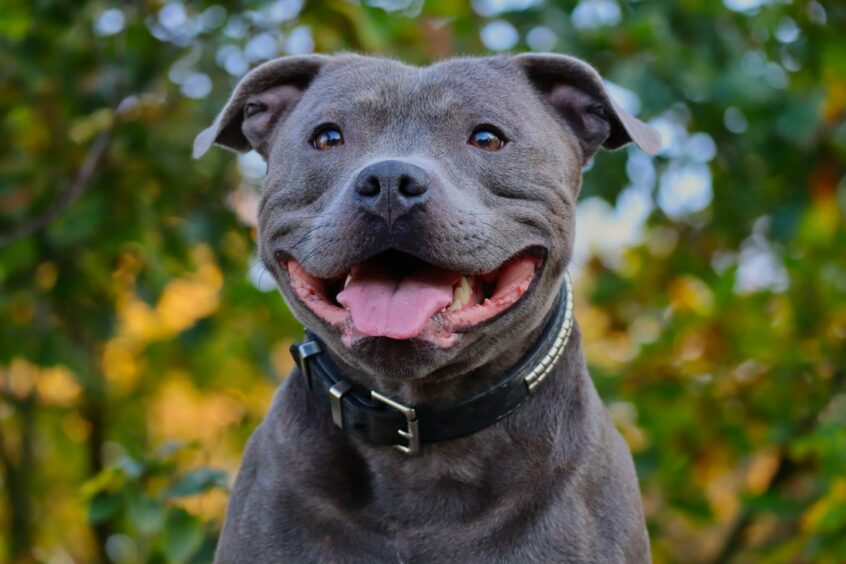

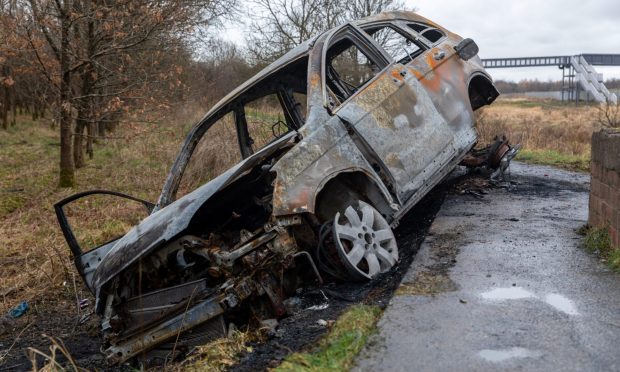

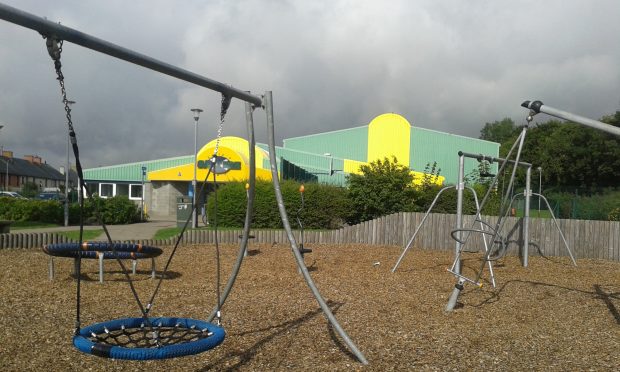


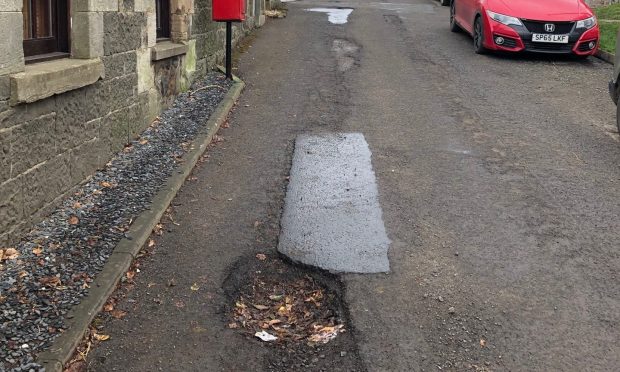



Conversation